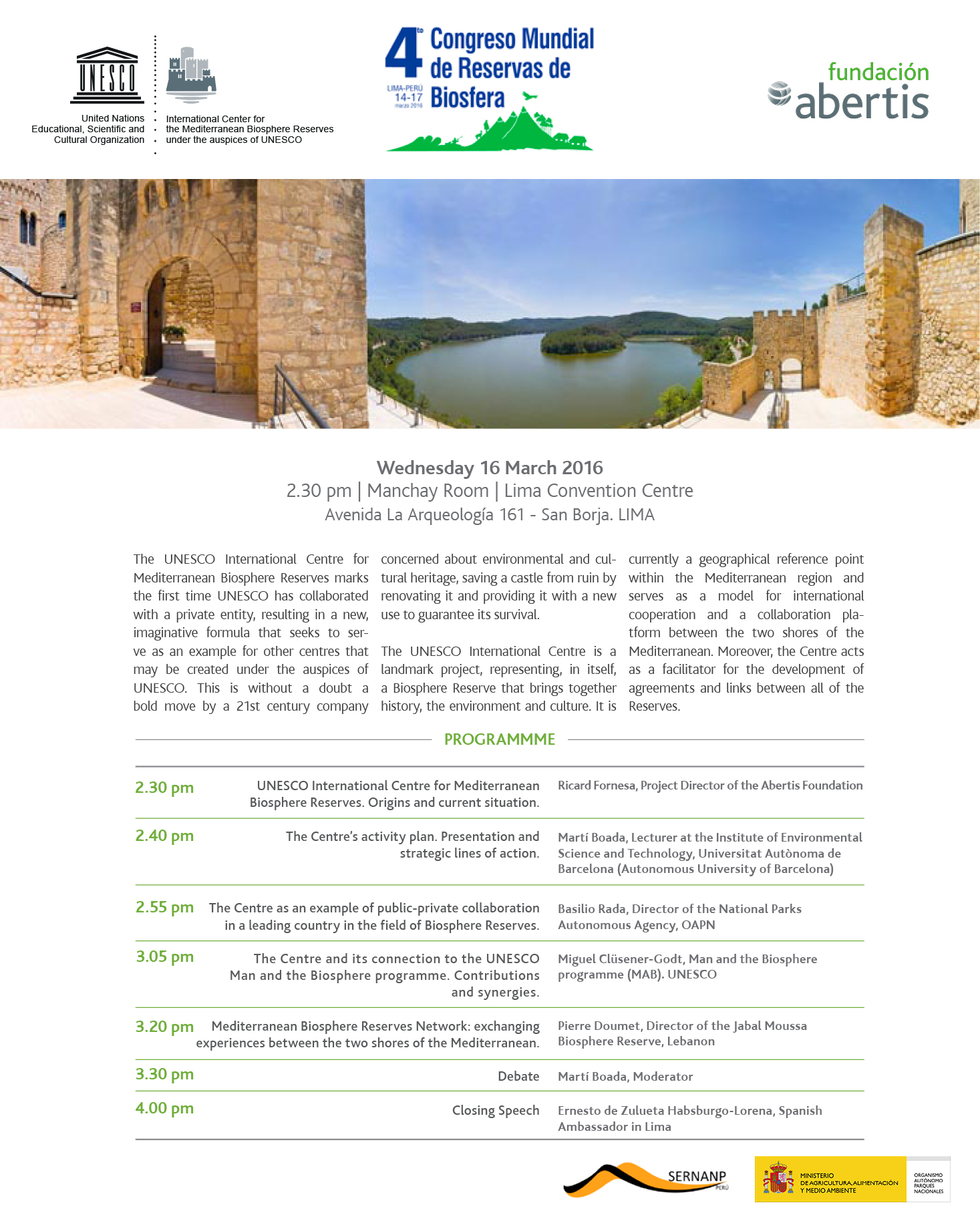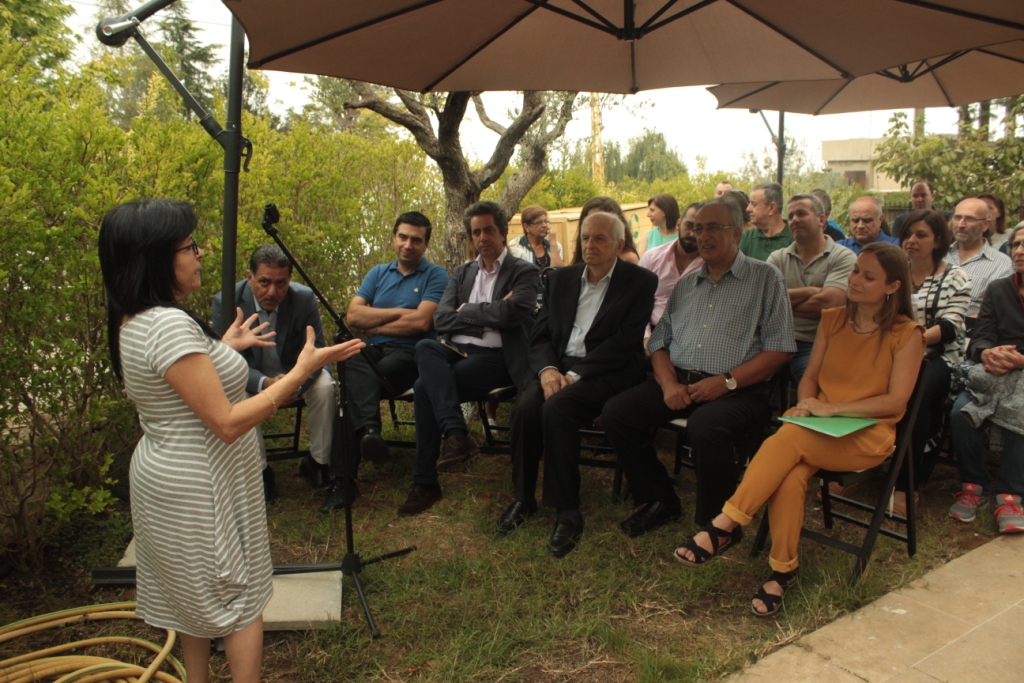


The "helicopter approach" has become part of our philosophy and is an important key to success in Protected Areas. As an NGO, we constantly hover between local and international, and we aim to be rooted locally, while universally connected.
We thrive to balance between local assets, skills, and needs, with international concepts and expertise, without the need to stop at any "intermediary".
We seek to be adaptive and collaborative in our management of the Reserve: we seek the guidance of locals to adapt techniques and recommendations to our local context.
Our staff and board members are predominantly local residents; we have direct links with local stakeholders, and we advance personal relationships over numbers in large scale surveys. On the other hand, we aim at adapting the international concepts of the Man and Biosphere Programme, and we seek to have an active role in regional and international networks, and to build partnerships with multilateral donors and international foundations.
We believe that by having been locally rooted, and internationally connected, we became trustworthy partners on both levels.
Having a local team, knowledgeable of the area, is a prerequisite. Engaging in a transparent communication and a direct relationship with stakeholders of diverse backgrounds, was essential and took the team farther than relying on "intermediaries".
The willingness to learn from and contribute to regional and international networks, and having a team specialized in different aspects (development, conservation, communication...), as well as having encouraging counterparts (UNESCO and IUCN secretariats), allowed us to be connected internationally.
The process of building and maintaining relationships on all levels can be wearisome and time consuming. It is however important to invest in it, for, on the long run, it is rewarding to all parties involved.
Being present on field is as important as being present at conferences: learning from the people on the field, and learning from other experiences is crucial, and can be achieved through thorough communication between team members.
The more targeted we are with our process, the more successful we get. For instance, we attempted to work once with the local farmers (non-targerted), inviting through bulk messaging to several important, yet non-targeted training sessions. The participation was modest, and the relationship with the farmers was not maintained.
In contrast, when we worked with beekeepers, we first started with individual visits to each of the 51 beekeepers, noting their needs, their scale of work, their techniques. A relationship was built. This led to the implementation of several successfull interventions, and the personal contact is regularly maintained.